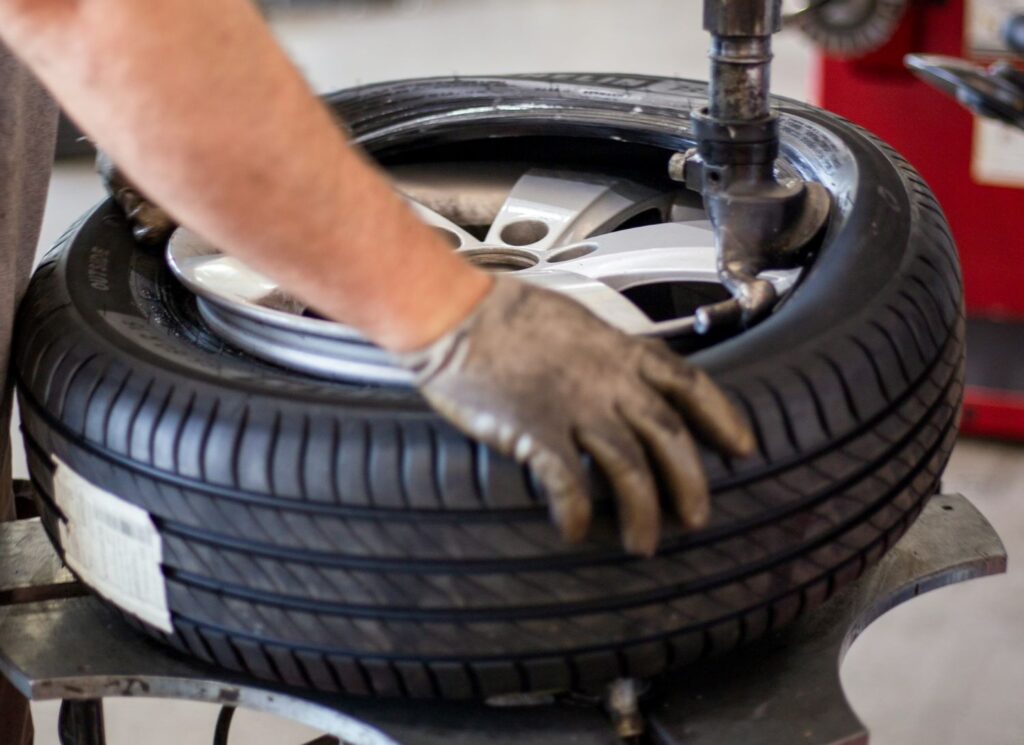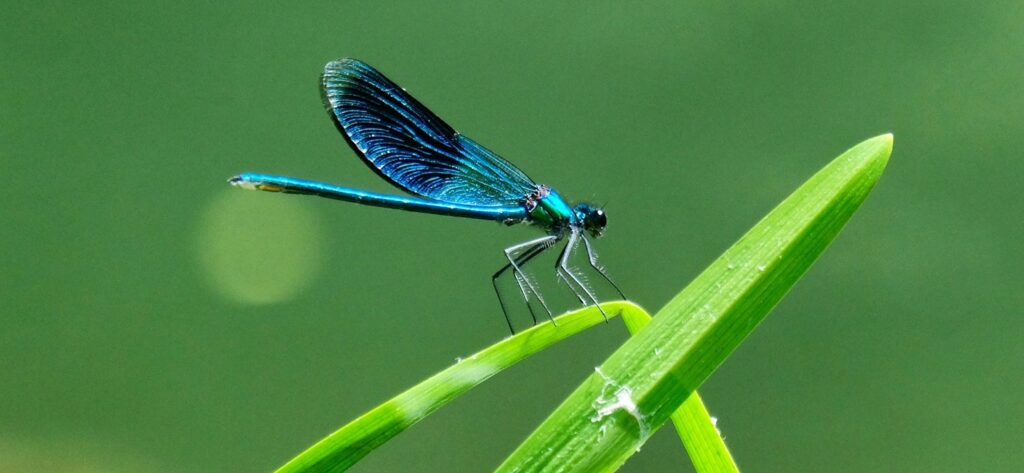Imagine an elastic-like protein that is found in the natural world, but is so strong, flexible and sustainable that it can be used in a multitude of industries, from cosmetics to cars and even footwear.
One Israeli startup is so convinced of the potential of resilin, which is found in insects, that it has begun to engineer it in the lab and is now preparing to mass produce it.
“Resilin is an elastic biomaterial and the world’s most resilient material in nature,” Lena Ishkov, Product and Tech Project Manager at Smart Resilin, tells NoCamels.
Ishkov explains that today, the market for elastomers (natural or artificial materials that can return to their original state after being stretched) is dominated by synthetic materials that are “not close” to being biodegradable or environmentally friendly.
“So we come in with our resilin,” she says. “What we are trying to solve is to replace current elastomers with natural elastomers like ours. That’s our mission.”
Resilin is found in many insects, including dragonflies and cicadas, primarily in the joints between their bodies and their wings, and according to Smart Resilin CEO Gilad Lando, is the reason why they can jump so high and take flight so well and so often.
“Imagine how efficient this joint is so that it doesn’t break,” Lando tells NoCamels.
He says that there have been multiple attempts to mass produce resilin for commercial purposes, but until Smart Resilin developed its own proprietary method, no method had been successful.
“Big companies have tried to produce it,” Lando says, “but we do it in a very smart way.”
The company’s method – developed by its chief technology officer and founder, Prof. Oded Shoseyov of the Hebrew University of Jerusalem – is to isolate the DNA in a fly that is responsible for the production of resilin. This DNA is then infused into a bacteria, water and sugar are added, and the entire compound placed into a reactor to reproduce, in a way that Lando compares to using yeast to brew beer.
After several hours, the newly created bacteria – infused with resilin DNA and now filling the reactor – are given what Lando calls a “chemical signal” and they begin to produce the resilin itself. The bacteria are then “exploded” to separate out the resilin for extraction.
No insects are harmed in the process, he stresses.

At present, the company is able to produce around 500 grams of resilin a month. While still not sufficient for the commercial purposes it envisions, it is still a hundredfold more than previous efforts in the lab have yielded.
Lando believes that in association with Smart Resilin’s partner in Slovenia, biotech development company Acies Bio, the startup can scale up to produce a ton of resilin per month by the end of 2026. This, he explains, will dramatically bring down the price of the resilin, making it suitable for a wide range of functions.
After it has been stretched, resilin returns to its original state in nanoseconds while expending very little energy, Lando explains. Because of that, he says, it has the potential for “really amazing” applications.
Sign up for our free weekly newsletter
SubscribeThe first applications the company explored were in the cosmetic industry, Ishkov says.
“Cosmetics [companies] are always looking for new proteins,” she says. “We have a great relationship with two companies today – one of which is looking for hair straighteners and the other is for anti-aging.”
And according to Lando, there are two very big companies in this industry that have expressed great interest in the resilin that the startup is producing, but cannot specify which for contractual reasons.
He also cites its potential for use in sports footwear, as its elastic properties not only make it ideal as a cushion inside trainers, but it also provides a durability that would help shoes made with it last longer than the ones currently on the market.
“Good running shoes have a lifetime of about 350 kilometers,” explains Ishkov. “And if there is technology that could extend this lifetime by 30 or 40 percent, it would be really something amazing.”
And, Lando says, the durability that could make trainers last longer could also be applied to car tires, as well as other aspects of the automotive industry.

At the moment, tires contain a powder called carbon black, which is made from petroleum byproducts and is non-biodegradable, to make them stronger and to extend their lifespan. (The same substance is used as a black dye in some cosmetic products.)
“Carbon black is something that nobody wants,” Lando says. “The tire companies tell us, even if it doesn’t improve the tires, they want it because it will replace very unwanted parts of the tires, is totally green and in the end even biodegradable.”
Smart Resilin was founded in 2021 by Shoseyov. The startup is part of the university’s tech transfer company, Yissum, which helps commercialize the intellectual property of its members and has helped the nascent company with support, suggestions and even public relations.
Initially, Lando says, the company had funding from a range of investors, but that dried up with the turmoil in Israel first from the divisive plans for judicial reform and then from the war in Gaza that erupted on October 7 following the mass terror attack by Hamas.
Smart Resilin is now looking for investors in its seed funding round, and Lando says they need to raise around $2 million in order to successfully scale up production of the resilin and make it viable for commercial use.
Nonetheless, he is certain that the company has a game-changing product on its hands for a variety of industries.
“Resilin is a very special material,” he says. “It’s the most resilient material in the world.”
Related posts

Editors’ & Readers’ Choice: 10 Favorite NoCamels Articles

Forward Facing: What Does The Future Hold For Israeli High-Tech?

Impact Innovation: Israeli Startups That Could Shape Our Future




Facebook comments